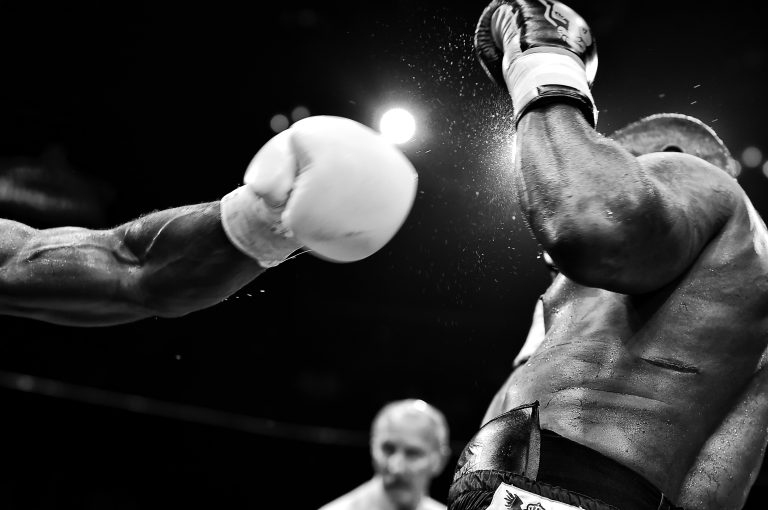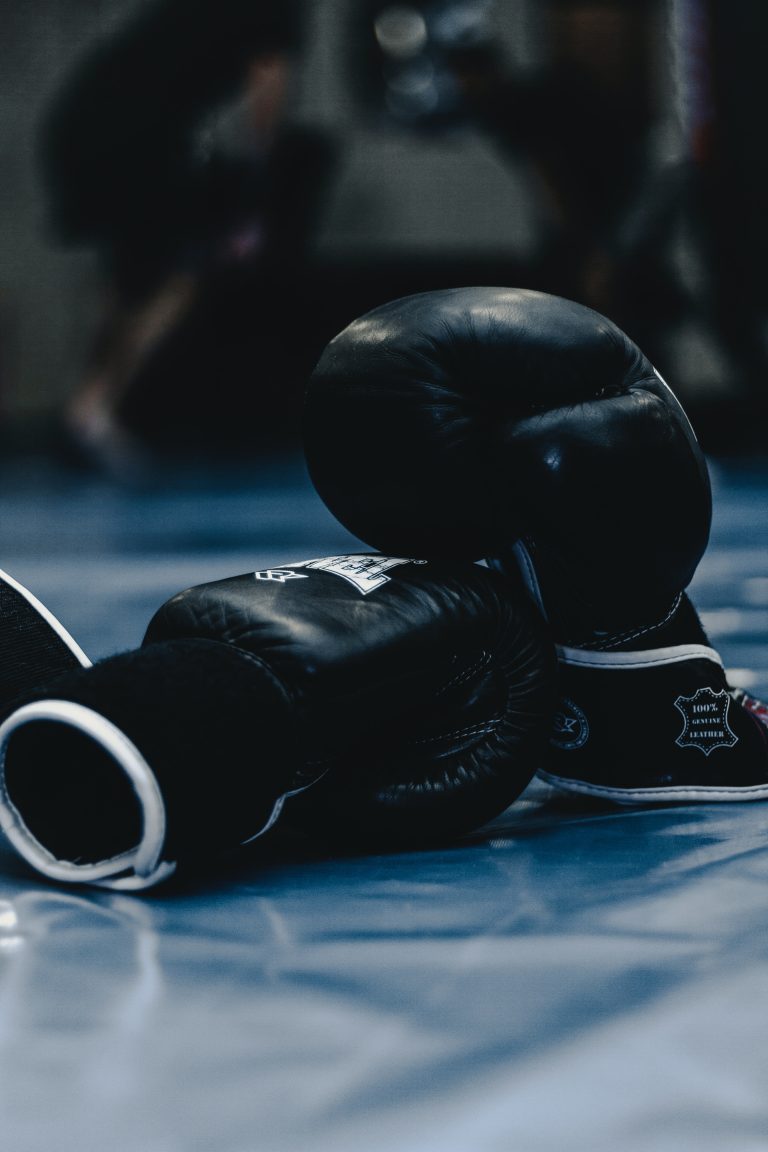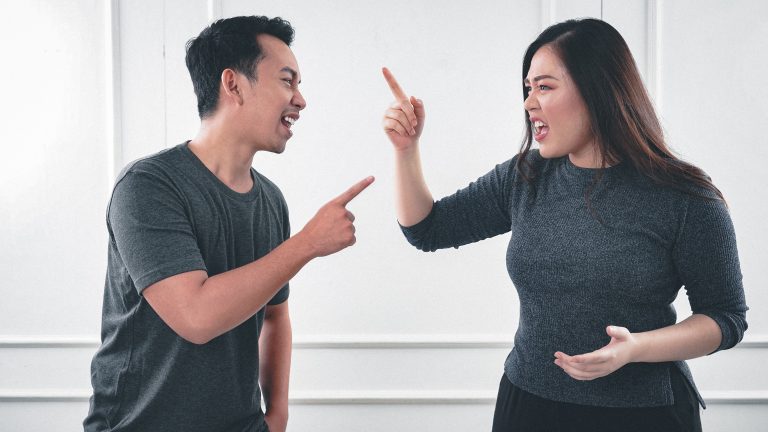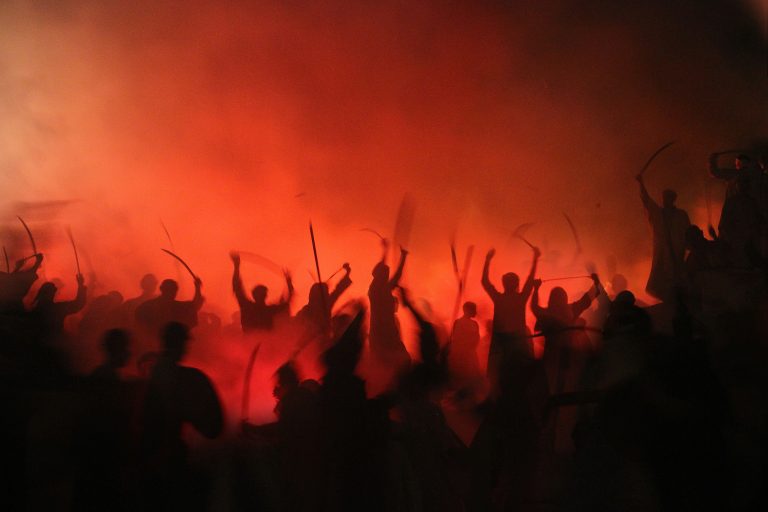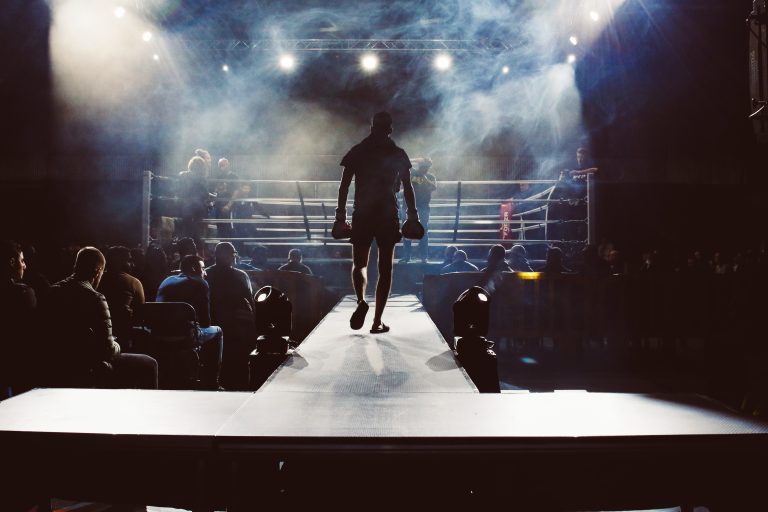Karate Greeting Words: Understanding the Meaning Behind Karate Greetings
Karate is not just about fighting and self-defense – it is also about respect, humility, and discipline. Students of karate are taught that the art is not just physical but also mental and emotional. One of the ways that karate students show respect and humility towards their instructors, fellow students, and even opponents is through the use of karate greeting words.
Karate greeting words, or standard phrases used in karate, help to establish and maintain a culture of respect within the martial arts community. In this blog post, we will explore the meaning behind some of the most common karate greeting words and phrases.
Onegaishimasu
One of the most ubiquitous karate greeting words is „onegaishimasu“. This phrase is most commonly used at the beginning of class and is used by students to show respect to their instructor and fellow students. Roughly translated, „onegaishimasu“ means „please“ or „I request your help“.
The word „onegaishimasu“ is derived from the Japanese word „negai“ which means „request“ or „wish“. In the context of karate, the phrase „onegaishimasu“ can be interpreted as a request for the instructor and fellow students to teach, guide, and help improve the student’s technique and skills.
Arigatou Gozaimasu
Another common phrase used in karate is „arigatou gozaimasu“. This phrase is typically used at the end of class and is a way for students to show gratitude and appreciation to their instructor and fellow students.
„Arigatou gozaimasu“ roughly translates to „thank you very much“ in English. In Japanese culture, expressing gratitude is considered an important social custom. In the context of karate, the phrase „arigatou gozaimasu“ can be interpreted as a way for students to acknowledge the effort and dedication of their instructors and fellow students.
Osu
Perhaps one of the most recognizable karate greeting words, „osu“ is often heard in the dojo and during competitions. This term is used to show respect and acknowledgement to a higher-ranked karateka or instructor.
The origin of the word „osu“ is unknown, but it is believed to be a contraction of two Japanese words: „oshi“ which means „to push“ and „shinobu“ which means „to endure“. The contraction is commonly used in Japan as a way to acknowledge a request or as a synonym for „yes“.
In the context of karate, the word „osu“ is often used as a greeting or acknowledgement between students and instructors. It is also used as a way for members of the martial arts community to show solidarity and respect towards each other.
Kiai
While not technically a greeting word, „kiai“ is an important aspect of karate that is closely related to the spirit of the art. „Kiai“ is a Japanese term that refers to a shout or vocalization that is used by karate practitioners to focus their energy, intimidate opponents, and show their fighting spirit.
The word „kiai“ is derived from two Japanese characters: „ki“ which means energy or spirit and „ai“ which means meeting or joining. In the context of karate, the kiai is a physical manifestation of the student’s ki or energy.
While the kiai is not a greeting word in the traditional sense, it is an important part of karate and is often used in conjunction with other karate greeting words as a way to show respect, focus, and discipline.
In
Karate Greeting Words
Most Frequently Asked Questions About Karate Greeting Words:
Karate is an ancient martial art that has gained popularity worldwide due to its ability to provide physical strength, mental stamina, and self-defense skills. The practice of karate has its own sets of customary greetings for students and instructors to show respect and humility. It is essential for the practitioners to learn the karate greeting words and understand their meanings to maintain the cultural values and traditions of this martial art.
In this guide, we will answer some of the most commonly asked questions regarding karate greeting words.
1. What are the basic karate greeting words?
The basic karate greeting words are ‚oss‘ and ‚ossu.‘ These words are used as a sign of respect and acknowledgement towards the teacher and fellow practitioners. It is a way of saying hello, thank you, and goodbye. It is essential to say these words with proper pronunciation and tone to convey the right message.
2. What does ‚oss‘ mean in karate?
‚Oss‘ is a Japanese term derived from ‚osu,‘ which translates to ‚push‘ or ‚push hard‘. In the context of karate, ‚oss‘ is used to show agreement, respect, determination, and willingness to learn, especially during training or competition. It also indicates a sense of humility and gratitude towards the instructors and fellow students.
3. How do you pronounce ‚oss‘ in karate?
The pronunciation of ‚oss‘ in karate is critical to convey the right message. The word is pronounced as ‚ohss‘ with a silent ‚u‘ sound. It is advisable to speak the word with a firm tone without any hesitation to show respect and confidence.
4. When do you use ‚ossu‘ instead of ‚oss‘?
‚Ossu‘ is the casual form of ‚oss‘. It is used between colleagues and peers during training or competition. It is considered less formal than ‚oss‘ and used in a more relaxed environment. It is appropriate to use ‚ossu‘ during the training session or with a fellow student, but not with instructors or seniors.
5. How do you bow in karate?
Bowing is an essential element of karate that symbolizes respect and humility towards the instructor, fellow students, and the martial art itself. The procedure for bowing in karate is as follows:
- Stand upright, facing the person you are bowing towards
- Place your feet together and hands by your side
- Bend forward from the waist, keeping your spine straight
- Bring your hands in front of you, palms on the floor and fingers together, with the right hand flat and the left hand covering the right hand at the center of the wrist
- Hold the bow for one or two seconds
- Return to the upright position
It is essential to follow the bowing etiquette and understand the significance of each bow, such as the initial bow at the entrance of the dojo or the bow before and after sparring.
6. How do you show respect to the instructor in karate?
Show respect to an instructor in karate is fundamental to maintain the traditional values of this martial art. The following are some of the ways to show respect towards the instructor:
- Address the instructor with their proper title, such as ’sensei‘ or ’shihan.‘
- Bow towards the instructor before and after training or when seeking permission to leave early.
- Avoid talking back or contradicting the instructor.
- Pay attention to the instructor’s instruction and take them seriously.
- Always act with humility and gratitude towards the instructor and fellow students.
It is crucial to understand the importance of showing respect to the instructor and embrace it as part of the traditional values of karate.
How to Master Basic Karate Greeting Words
Karate etiquette is an important aspect of traditional martial arts practice. One of the most fundamental aspects of karate etiquette is knowing the proper karate greeting words. Whether you are a beginner or an advanced student of karate, learning how to greet your fellow students and instructors with respect and honor is crucial. In this guide, we will cover the basics of the most popular karate greeting words and how to use them in various situations.
1. Understand the Importance of Greeting Words in Karate
In karate, greeting words hold significant symbolic meaning. They convey respect, honor, and humility towards the person you are addressing. Knowing how to use the correct karate greeting words shows that you understand the importance of karate etiquette and that you are committed to living by the principles of martial arts.
2. Learn the Basic Karate Greeting Words
There are several karate greeting words that you should know as a student. These include:
Os
„Os“ is the most commonly used karate greeting word. It is a shortened form of „Osu,“ which comes from the Japanese phrase „Onegaishimasu,“ meaning „please“ or „I request your help.“ The word „Osu“ is used to greet your instructor or fellow student.
„Kiai“ is a karate shout that is used during training and competition to intimidate the opponent. It is also used as a greeting when entering or leaving the dojo.
Arigato Gozaimasu
„Arigato Gozaimasu“ means „thank you very much“ and is another important karate greeting word. It is used to express gratitude towards your instructor or fellow student after receiving instruction.
Domo Arigato
„Domo Arigato“ means „thank you“ and is commonly used to express gratitude in everyday conversation.
3. Practice Proper Pronunciation
It is essential to know how to pronounce each karate greeting word correctly. Otherwise, you may convey a disrespectful message unintentionally. If you are unsure of how to pronounce a word correctly, ask your instructor to help you.
4. Use the Greeting Words Appropriately
Knowing how to use karate greeting words appropriately is just as important as knowing the words themselves. Here are some guidelines to follow:
– Bow respectfully when greeting your instructor or fellow student. This shows that you respect them and the principles of karate.
– Say „Osu“ when greeting your instructor or fellow student before and after training.
– Say „Arigato Gozaimasu“ to express gratitude towards your instructor after receiving instruction.
– Use „Domo Arigato“ to express gratitude in everyday conversation.
5. Incorporate Greeting Words into Your Daily Practice
The best way to master the art of karate greeting words is to incorporate them into your daily practice. This means using them consistently and respectfully whenever the occasion arises. With time and practice, these words will become second nature to you.
Conclusion
Mastering the basics of karate greeting words is an essential part of learning martial arts. By understanding the importance of these words, learning them, and using them appropriately, you can demonstrate your respect for your fellow students and instructors and commit to the principles of martial arts. Incorporate these words into your daily practice, and you will be on your way to mastering the art of karate etiquette.
Inhaltsverzeichnis

